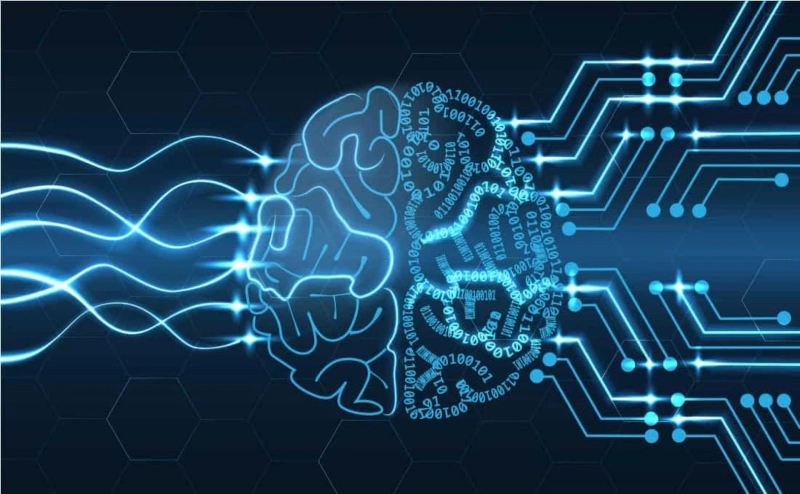Visit aladdin138, win attractive prizes by just playing!
Artificial intelligence (AI) refers to the development of computer systems that can perform tasks that normally require human intelligence, such as understanding natural language, recognizing speech, and recognizing visual patterns. AI is rapidly becoming one of the most important and impactful technologies in the world, with applications ranging from self-driving cars to personalized medicine to finance.
There are two primary types of AI: narrow or weak AI, which is designed to perform specific tasks, and general or strong AI, which is designed to perform any intellectual task that a human can do. Narrow AI is currently much more prevalent than strong AI, but researchers are actively working to develop the latter.
One of the most common types of narrow AI is machine learning, which involves training computer algorithms to identify patterns in data. Machine learning has been used in a variety of applications, including image recognition, natural language processing, and fraud detection.
Deep learning is a type of machine learning that involves training algorithms on large amounts of data to identify increasingly complex patterns. This technique has been used to develop some of the most advanced AI systems to date, including the AlphaGo program that beat the world champion at the game of Go.
AI has the potential to revolutionize a wide range of industries. In healthcare, for example, AI can be used to develop personalized treatment plans and to identify patients at risk for certain diseases. In finance, AI can be used to identify patterns in market data and to automate the investment process.
However, AI also poses some significant challenges. One of the biggest concerns is that AI systems may be biased in ways that are difficult to detect. This is because the algorithms used in AI systems are only as good as the data they are trained on, and if the data is biased, the AI system will be biased as well.
Another concern is the potential for job displacement. As AI systems become more advanced, they may be able to perform tasks that were previously done by humans, leading to significant changes in the job market.
Finally, there are concerns about the safety and security of AI systems. As AI systems become more complex and interconnected, the potential for unintended consequences and malicious use increases.
Despite these challenges, the potential benefits of AI are significant, and many researchers and companies are investing heavily in its development. As AI technology continues to advance, it is likely to play an increasingly important role in our lives, shaping everything from our daily routines to the global economy.


